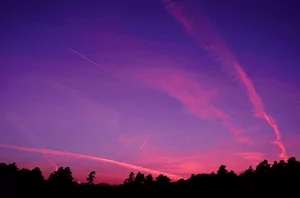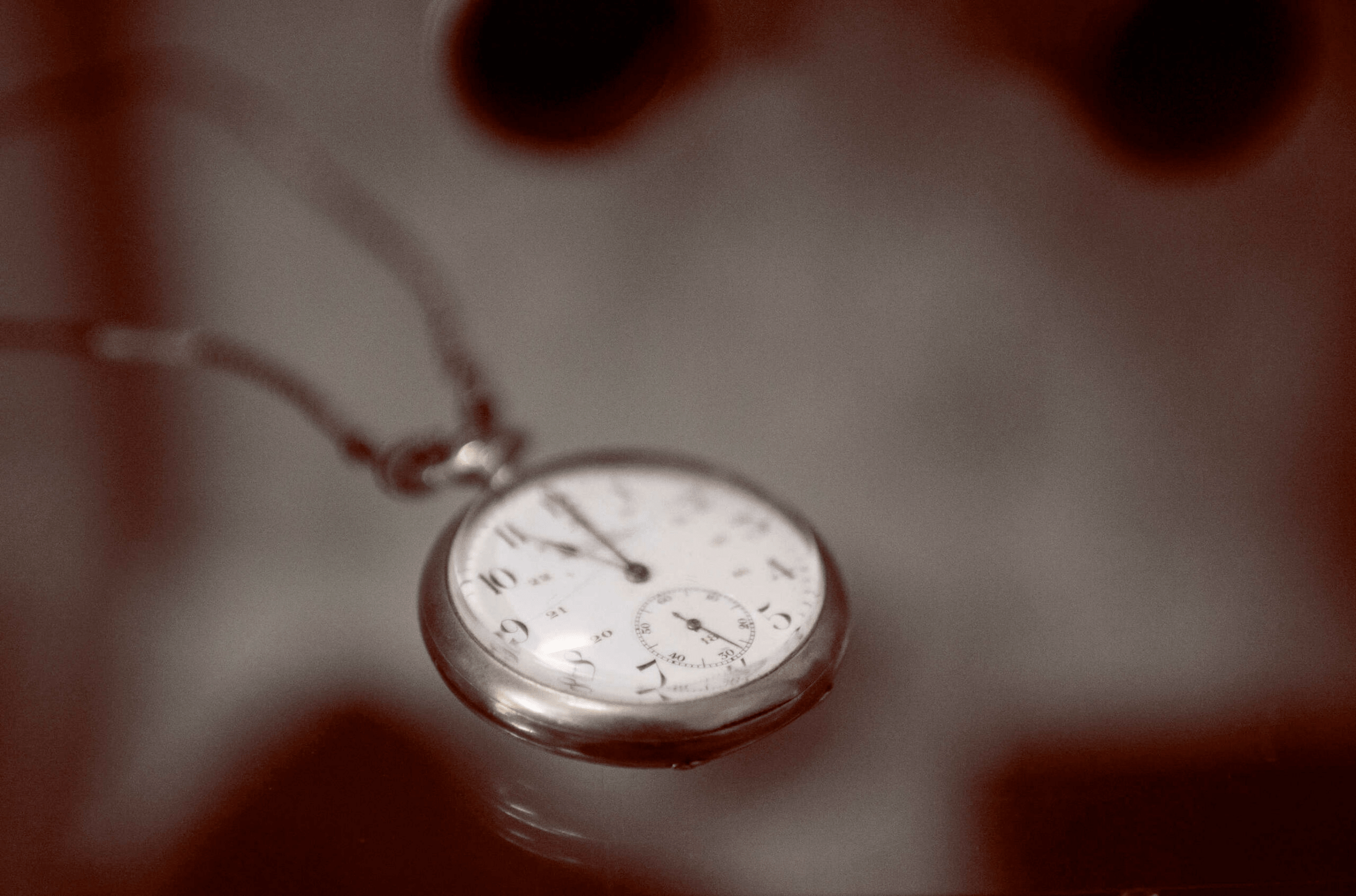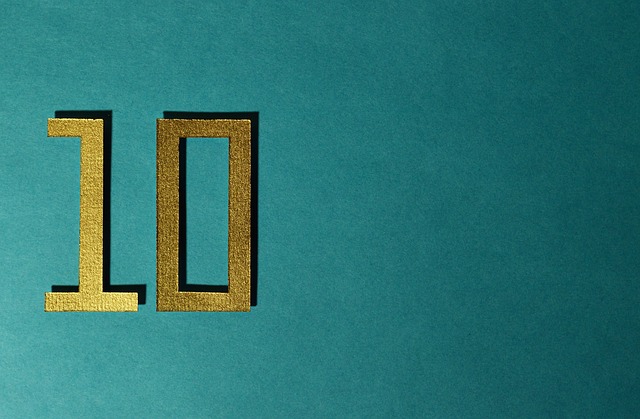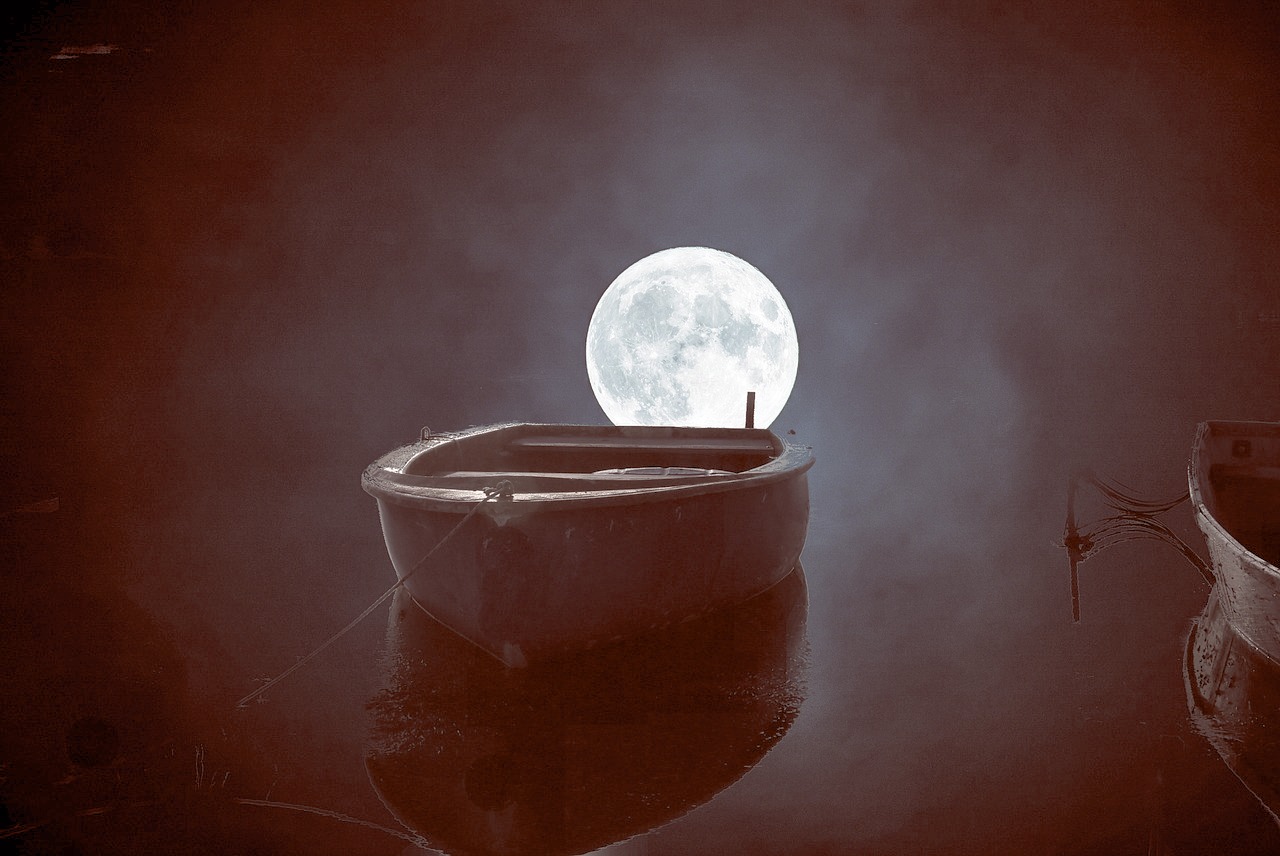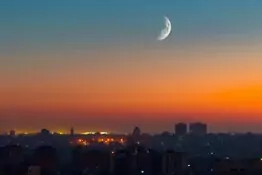أَصْبَحْنَا وَأَصْبَحَ الْمُلْكُ لِلّٰهِ وَالْحَمْدُ لِلّٰهِ ، لَا إِلٰهَ إِلَّا اللّٰهُ وَحْدَهُ لَا شَرِيْكَ لَهُ ، لَهُ الْمُلْكُ وَلَهُ الْحَمْدُ ، وَهُوَ عَلَىٰ كُلِّ شَيْءٍ قَدِيْرٌ ، رَبِّ أَسْأَلُكَ خَيْرَ مَا فِيْ هٰذَا الْيَوْمِ وَخَيْرَ مَا بَعْدَهُ ، وَأَعُوْذُ بِكَ مِنْ شَرِّ مَا فِيْ هٰذَا الْيَوْمِ وَشَرِّ مَا بَعْدَهُ ، رَبِّ أَعُوْذُ بِكَ مِنَ الْكَسَلِ وَسُوْءِ الْكِبَرِ ، رَبِّ أَعُوْذُ بِكَ مِنْ عَذَابٍ فِي النَّارِ وَعَذَابٍ فِي الْقَبْرِ
We have entered the morning and at this very time the whole kingdom belongs to Allah. All praise is due to Allah. There is no god worthy of worship except Allah, the One; He has no partner with Him. The entire kingdom belongs solely to Him, to Him is all praise due, and He is All-Powerful over everything. My Lord, I ask You for the good that is in this day and the good that follows it, and I seek Your protection from the evil that is in this day and from the evil that follows it. My Lord, I seek Your protection from laziness and the misery of old age. My Lord, I seek Your protection from the torment of the Hell-fire and the punishment of the grave.
Aṣbaḥnā wa aṣbaḥa-l-mulku li-llāh, wa-l-ḥamdu li-llāh, lā ilāha illa-llāhu waḥdahū lā sharīka lah, lahu-l-mulku wa lahu-l-ḥamd, wa huwa ʿalā kulli shay’in Qadīr, Rabbi as’aluka khayra mā fī hādha-l-yawmi wa khayra mā baʿdah, wa aʿūdhu bika min sharri mā fī hādha-l-yawmi wa sharri mā baʿdah. Rabbi aʿūdhu bika mina-l-kasali wa sū’i-l-kibar, Rabbi aʿūdhu bika min ʿadhābin fi-n-nāri wa ʿadhābin fi-l-qabr.
ʿAbdullāh b. Masʿūd (raḍiy Allāhu ʿanhu) narrates that when the Messenger of Allah ﷺ used to enter the morning, he would say [the above]. (Muslim 2723)
Brief Commentary
• “We have entered the morning” means we have entered another morning, covered in Your protection, O Allah; enveloped in Your blessings, occupied with Your remembrance, seeking help with Your Name, and only breathing and living through Your will and power.
• We begin the duʿā’ by affirming that the kingdom belongs to Allah, therefore He is the true King who has ownership over everything. The knowledge of this increases the awe and veneration we have for Allah.
• After affirming the kingdom belonging to Allah, we praise Him. This is a deserved praise since we are happy and pleased that everything belongs to Him as He is the Just and Merciful Creator. We are living in a kingdom ruled by the King with these qualities, and this is something deserving of praise.
• After praising Allah for being our King, we negate any partners from Him, as this is the most complete form of Kingship. He is the only True Creator and King, who has no partners, and does not even need any partners.
• In the first part of the duʿā’, we affirm that kingdom and praise belong to Allah, but it is worded in a way which does not stipulate exclusivity. Thus, after reminding ourselves that Allah has no partners, we again affirm kingship and praise to Him, but this time we affirm it exclusively to Him.
• Since Allah is “All-Powerful over everything”, it only makes sense that the kingdom and the praise belong exclusively to Him.
• The first half of this duʿā’ consists wholly of the praise of Allah so that we increase our veneration of Him, and come closer to Him with good deeds before asking Him our need (i.e. the second part of the duʿā’).
• In the second part of the duʿā’, we ask Allah for the good of this day/night, and the good of what comes after it. We do not specify what good we want; therefore, we are asking Allah for all the good that there is. This includes the good with regards to this life (e.g. peace, health etc.) and more importantly, the good with regards to the hereafter (e.g. praying the night prayer, reciting the Qur’ān etc).
• Similarly, we seek refuge in Allah from all the evil of this day/night and the evil of what comes after it, which includes the evils and harm related to this life and the hereafter.
• We seek refuge in Allah from “laziness”, and “misery of old age” , as both are obstacles to doing good, so we want to save ourselves from anything that stands in the way between us and coming closer to Allah. Whilst laziness is something that we have control over and it prevents us from doing good, old age is something that we have no control over. Thus, we seek refuge in Allah from the things that are within our control, as well as those outside our own control.
• Finally, we seek refuge in Allah from the punishment of Hellfire, as it is the most severe form of punishment; and from the punishment of the grave, as it is the first type of punishment we could face after we leave this world.
Action Points
• True kingdom belongs to Allah alone. All the leaders and kings in this life all fall within the kingdom and dominion of Allah. This should remove the fear of worldly kings, authorities and leaders from our hearts, and make us realise that we have the King of kings by our sides.
• Learn from this duʿā’ the best way to ask Allah something, which is to begin by praising Him before you ask from Him what you want.
• Whenever we are taught to seek refuge in Allah from something, then we should realise this is a very harmful thing that we should avoid. In this duʿā’, we seek refuge in Allah from laziness, so we must avoid this destructive trait.
• Laziness and procrastination are one of shayṭān’s tools to stop us attaining our purpose in life. Alongside reciting this duʿā’, we should be physically proactive, and avoid delaying the fulfilment of our responsibilities.



